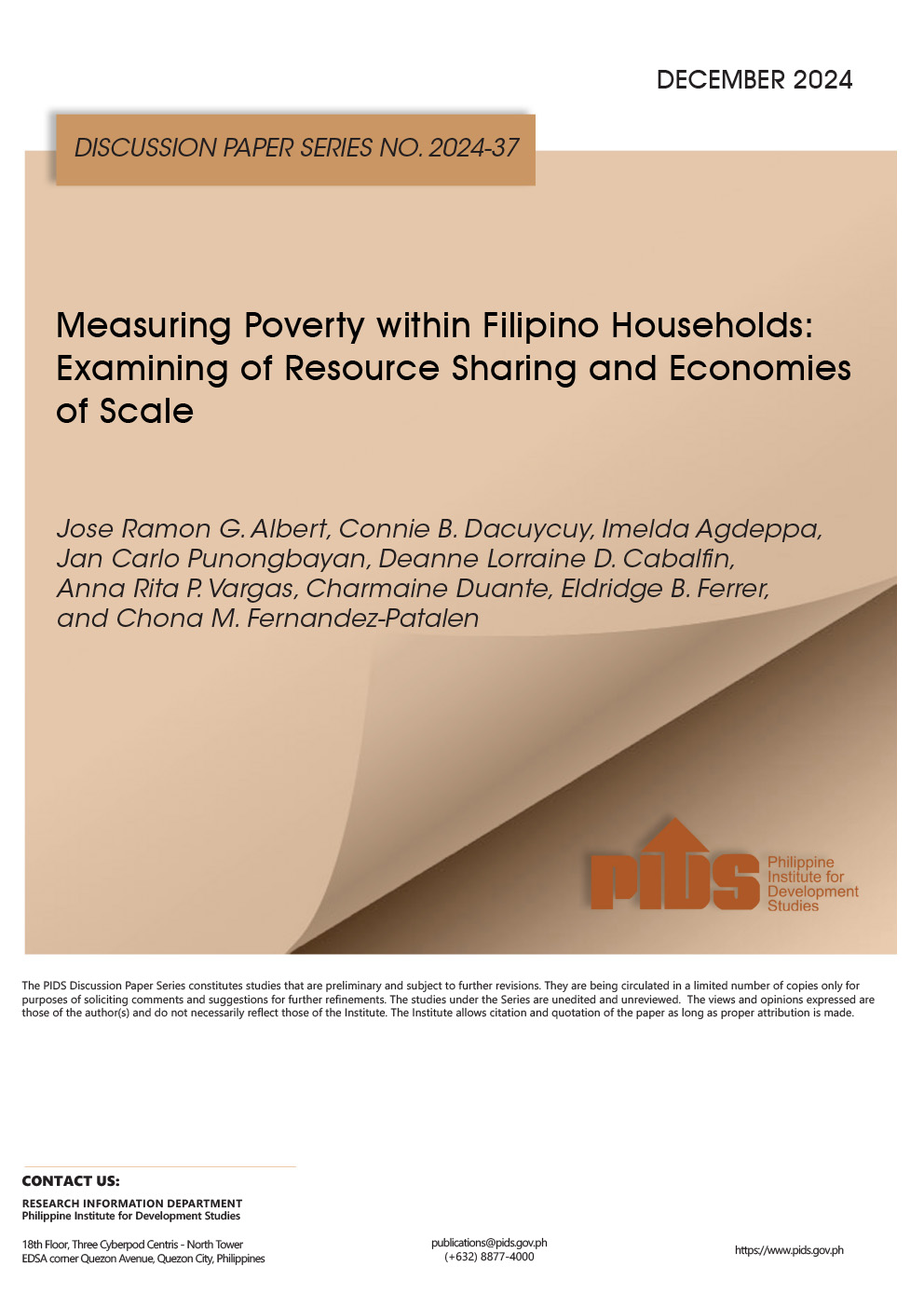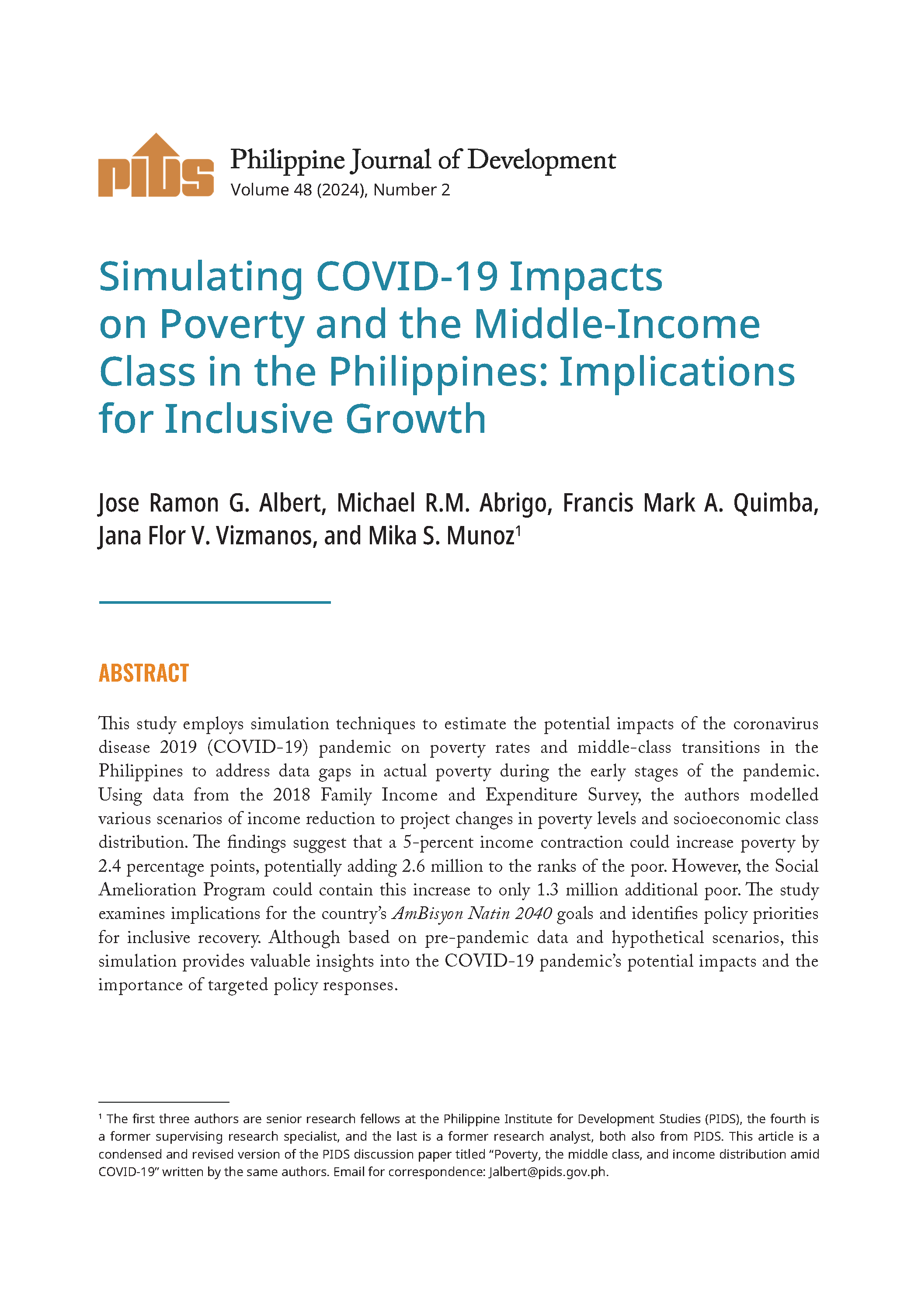Can success -- or at least a materially comfortable life -- be predicted? Yes, if the Brookings Institution is to be believed: get at least a high school diploma, get a job, get married, then have children, if followed in that specific sequence, will most likely lead a person to relative prosperity.
This “success sequence” has been uniformly confirmed, most recently by “The Millennial Success Sequence,” published by the American Enterprise Institute and the Institute for Family Studies, researched by Wendy Wang and W. Bradford Wilcox. Assuming the sequence is strictly followed, only “3%” of those studied remain poor.
One thinks these studies would be widely cheered for their insights on how to deal with poverty.
One problem today, Wilcox says, is the ‘soul-mate model of marriage,’ a self-centered approach that regards marriage primarily as an opportunity for personal growth and fulfillment rather than as a way to form a family. Another problem, “as AEI social scientist Charles Murray says, too many of the successful classes, who followed the success sequence, do not preach what they practice, preferring ‘ecumenical niceness’ to being judgmental (“What if Major Causes of Poverty Are Behavioral?” George Will, National Review, 05 July 2017).
The foregoing clearly indicates that a certain degree of virtue is needed of people in order for poverty to be addressed properly. No matter how much of the government’s budget is devoted to eradicating income inequality, if people cannot exhibit the proper character required of a decent society, poverty will remain.
And it could only get worse when one considers that about 70% of our population belong to the 30-year-old and below age group. Of the 15 to 19-year-old age group (constituting 10% of the population), 10% have already given birth to children.
That’s 1 million teenage mothers.
And according to studies, ours is the only ASEAN country where such incidences are on the rise.
The foregoing corresponds to the NEDA PIDS study (“Jobs, Expansion, and Development” by Paqueo, Orbeta, Lanzona, and Dulay, 03 April 2013) that found “income households headed by high school graduates is more than double that of households with only elementary education.
Or put another way: the longer one stays in school, the higher the income, the greater the productivity, leading to overall national economic gain.
But if kids can’t control their hormones (urged on by a sexed-up media) and keep getting pregnant, how can they stay in school long enough?We again refer to a report by The Economist in 2014 of a study published in the British Journal of Psychiatry (“Childhood family income, adolescent violent criminality and substance misuse: quasi-experimental total population study” by Amir Sariaslan and colleagues, British Journal of Psychiatry, 21 August 2014) which found that “a family’s culture, once established, is ‘sticky’ -- that you can, to put it crudely, take the kid out of the neighborhood, but not the neighborhood out of the kid.
Another is the possibility “that genes which predispose to criminal behavior (several studies suggest such genes exist) are more common at the bottom of society than at the top, perhaps because the lack of impulse-control they engender also tends to reduce someone’s earning capacity.
Neither of these conclusions is likely to be welcome to social reformers. The first suggests that merely topping up people’s incomes, though it may well be a good idea for other reasons, will not by itself address questions of bad behavior. The second raises the possibility that the problem of intergenerational poverty may be self-reinforcing.
Speaking of kids, the great social commentator Mona Charen once asked a “college administrator with many decades of experience what the most notable change was that he saw among the students.
The answer surprised Ms. Charen: “The most outstanding thing that has changed is the enormous growth in the number of students with mental-health issues.The reason, Ms. Charen contends, is the “changing family structure, and it turns out that adolescent depression and suicide are closely linked with divorce and single parenting. Teens who live with a single parent have twice the rate of suicide attempts as those who live with both parents. The same is true of other forms of distress and self-harm (“The Kids Are Not All Right,” Mona Charen, National Review, 02 June 2017).
Hence, why I go back again to the idea of focusing on policies that foster, encourage, and strengthen virtues and the traditional family.
Virtue in people, of which the traditional family is the prime teacher, is what makes democratic societies work. As Michael Novak (Democratic Capitalism, 24 September 2013) declared, “The prospering of free societies depends on certain moral and cultural practices.
Yet, with 1 out of 5 marriages in the Philippines breaking up, representing a 40% increase in the past 10 years, and with same sex marriage and divorce being pushed by Congress, how the country could ever get on the right track is a mystery.
Jemy Gatdula is a Senior Fellow of the Philippine Council for Foreign Relations and a Philippine Judicial Academy law lecturer for constitutional philosophy and jurisprudence.
jemygatdula@yahoo.comwww.jemygatdula.blogspot.comfacebook.com/jemy.gatdula
Twitter @jemygatdula
This “success sequence” has been uniformly confirmed, most recently by “The Millennial Success Sequence,” published by the American Enterprise Institute and the Institute for Family Studies, researched by Wendy Wang and W. Bradford Wilcox. Assuming the sequence is strictly followed, only “3%” of those studied remain poor.
One thinks these studies would be widely cheered for their insights on how to deal with poverty.
One problem today, Wilcox says, is the ‘soul-mate model of marriage,’ a self-centered approach that regards marriage primarily as an opportunity for personal growth and fulfillment rather than as a way to form a family. Another problem, “as AEI social scientist Charles Murray says, too many of the successful classes, who followed the success sequence, do not preach what they practice, preferring ‘ecumenical niceness’ to being judgmental (“What if Major Causes of Poverty Are Behavioral?” George Will, National Review, 05 July 2017).
The foregoing clearly indicates that a certain degree of virtue is needed of people in order for poverty to be addressed properly. No matter how much of the government’s budget is devoted to eradicating income inequality, if people cannot exhibit the proper character required of a decent society, poverty will remain.
And it could only get worse when one considers that about 70% of our population belong to the 30-year-old and below age group. Of the 15 to 19-year-old age group (constituting 10% of the population), 10% have already given birth to children.
That’s 1 million teenage mothers.
And according to studies, ours is the only ASEAN country where such incidences are on the rise.
The foregoing corresponds to the NEDA PIDS study (“Jobs, Expansion, and Development” by Paqueo, Orbeta, Lanzona, and Dulay, 03 April 2013) that found “income households headed by high school graduates is more than double that of households with only elementary education.
Or put another way: the longer one stays in school, the higher the income, the greater the productivity, leading to overall national economic gain.
But if kids can’t control their hormones (urged on by a sexed-up media) and keep getting pregnant, how can they stay in school long enough?We again refer to a report by The Economist in 2014 of a study published in the British Journal of Psychiatry (“Childhood family income, adolescent violent criminality and substance misuse: quasi-experimental total population study” by Amir Sariaslan and colleagues, British Journal of Psychiatry, 21 August 2014) which found that “a family’s culture, once established, is ‘sticky’ -- that you can, to put it crudely, take the kid out of the neighborhood, but not the neighborhood out of the kid.
Another is the possibility “that genes which predispose to criminal behavior (several studies suggest such genes exist) are more common at the bottom of society than at the top, perhaps because the lack of impulse-control they engender also tends to reduce someone’s earning capacity.
Neither of these conclusions is likely to be welcome to social reformers. The first suggests that merely topping up people’s incomes, though it may well be a good idea for other reasons, will not by itself address questions of bad behavior. The second raises the possibility that the problem of intergenerational poverty may be self-reinforcing.
Speaking of kids, the great social commentator Mona Charen once asked a “college administrator with many decades of experience what the most notable change was that he saw among the students.
The answer surprised Ms. Charen: “The most outstanding thing that has changed is the enormous growth in the number of students with mental-health issues.The reason, Ms. Charen contends, is the “changing family structure, and it turns out that adolescent depression and suicide are closely linked with divorce and single parenting. Teens who live with a single parent have twice the rate of suicide attempts as those who live with both parents. The same is true of other forms of distress and self-harm (“The Kids Are Not All Right,” Mona Charen, National Review, 02 June 2017).
Hence, why I go back again to the idea of focusing on policies that foster, encourage, and strengthen virtues and the traditional family.
Virtue in people, of which the traditional family is the prime teacher, is what makes democratic societies work. As Michael Novak (Democratic Capitalism, 24 September 2013) declared, “The prospering of free societies depends on certain moral and cultural practices.
Yet, with 1 out of 5 marriages in the Philippines breaking up, representing a 40% increase in the past 10 years, and with same sex marriage and divorce being pushed by Congress, how the country could ever get on the right track is a mystery.
Jemy Gatdula is a Senior Fellow of the Philippine Council for Foreign Relations and a Philippine Judicial Academy law lecturer for constitutional philosophy and jurisprudence.
jemygatdula@yahoo.comwww.jemygatdula.blogspot.comfacebook.com/jemy.gatdula
Twitter @jemygatdula












